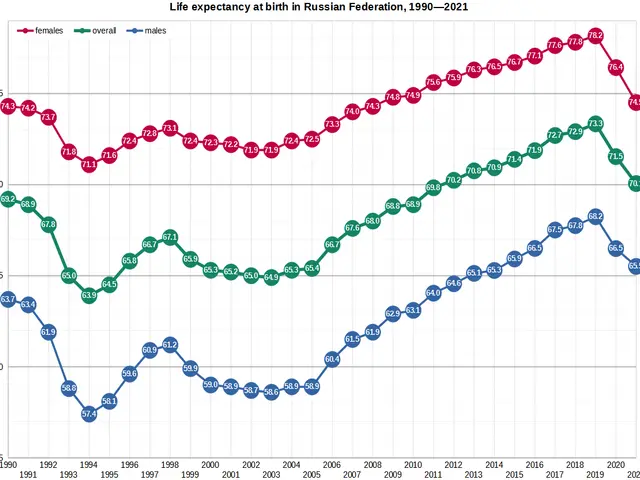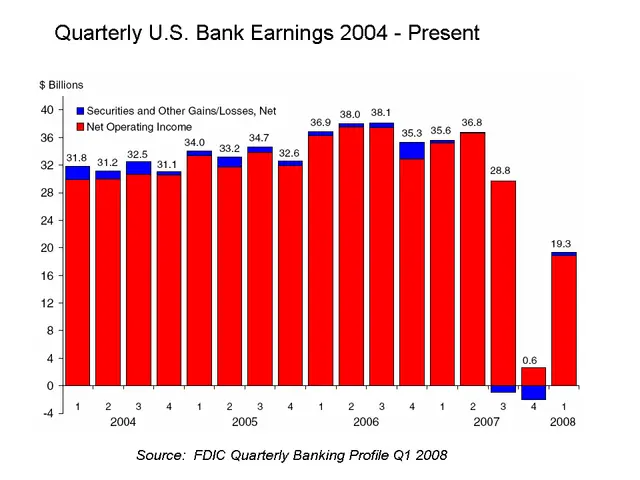OECD: Germans drink 11 litres of pure alcohol per year - more than OECD average - Germany’s high healthcare spending fails to curb obesity and alcohol risks
Germany's life expectancy matches the OECD average at 81.1 years, but health challenges persist. Obesity rates have climbed in four out of five OECD countries, with 54 percent of people being overweight or obese. The country spends significantly more on healthcare than others, yet preventive measures are crucial to tackle key risk factors.
Germany, part of the 38-member OECD, spends around €8,000 per capita on healthcare, nearly double the OECD average of €4,900. This high expenditure is projected to rise by 1.5 percent by 2045, driven by medical technology advances and an aging population.
Health challenges in Germany include high alcohol consumption, with residents drinking 11 liters of pure alcohol annually, above the OECD average. Additionally, 11 percent of Germans aged 15 and over report health problems, higher than the OECD average. Preventive healthcare measures can help reduce key risk factors such as obesity, smoking, and harmful alcohol consumption, as highlighted by OECD Secretary-General Mathias Cormann.
Germany, despite spending significantly on healthcare, faces challenges like high obesity rates and alcohol consumption. Preventive measures are vital to tackle these issues and maintain the country's high life expectancy. The OECD projects healthcare spending to rise, emphasizing the need for effective preventive strategies.
Read also:
- India's Agriculture Minister Reviews Sector Progress Amid Heavy Rains, Crop Areas Up
- Sleep Maxxing Trends and Tips: New Zealanders Seek Better Rest
- Over 1.7M in Baden-Württemberg at Poverty Risk, Emmendingen's Housing Crisis Urgent
- Cyprus, Kuwait Strengthen Strategic Partnership with Upcoming Ministerial Meeting






